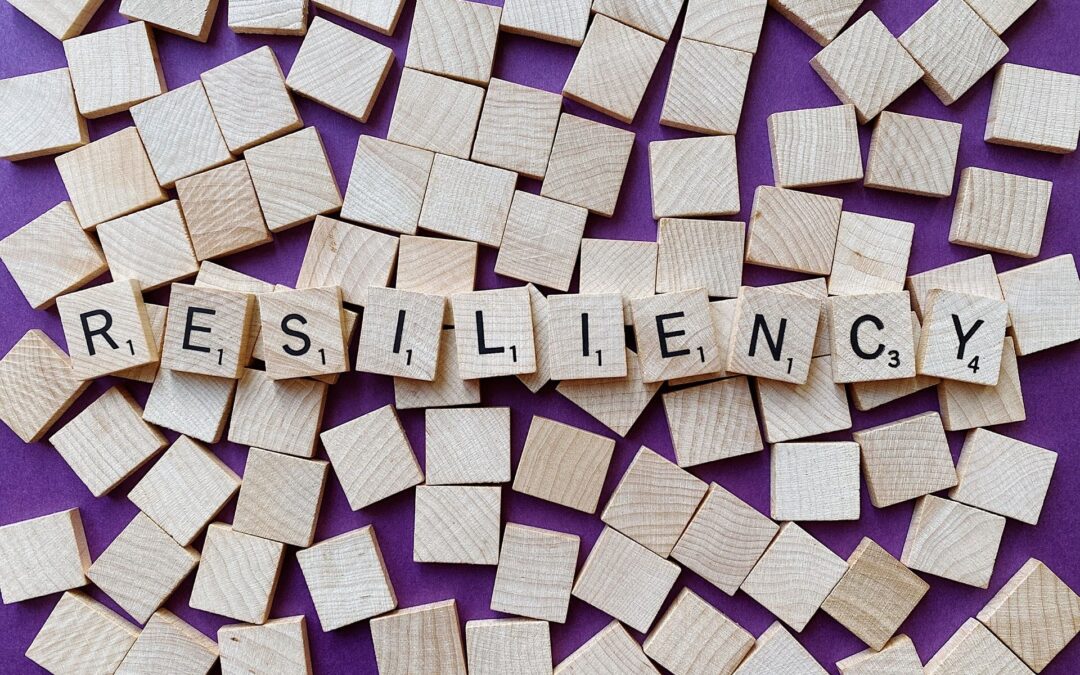The unyielding power of environmental disasters is a grave reality of our world, with its devastating effects echoing through our ecosystems, economies, and the lives of countless individuals. They are not just isolated incidents, but harbingers of an escalating global crisis intensified by climate change. Long-established social enterprises, deeply woven into the fabric of the communities they serve, stand at the forefront, providing both immediate relief and sustainable solutions. The bond between these social enterprises and the communities they serve runs deep. With their hands firmly on the pulse of local needs, they spring into action when disaster strikes. Whether it’s distributing essential supplies, offering a safe haven for those displaced, or providing life-saving medical assistance, their response is swift and immediate, also multifaceted.
Yet their role extends far beyond the immediacy of disaster response. These organizations, embodying the spirit of enduring social commitment, become the architects of long-term recovery and resilience. Their aim is not just to rebuild, but to weave the thread of resilience into the fabric of these communities. Drawing from their deep understanding of local environments and societies, they restore ecosystems, revive economies, and rebuild lives, transforming disaster-stricken areas into landscapes of hope and resilience. In the aftermath of a disaster, when rebuilding from the ground up, these social enterprises champion the cause of sustainable development. They advocate for renewable energy, introduce climate-smart agricultural practices, and build green infrastructure. Every action, every decision, is a stride towards a future less susceptible to environmental vulnerability, a future where communities rise, resilient and robust, in the face of adversities.
Social enterprises also recognize the power of knowledge. They strive to empower communities, replacing despair with determination, helplessness with action. Through awareness campaigns, education, and training, they equip communities with the necessary tools to confront and conquer environmental disasters, fostering a culture of preparedness and resilience, and portraying an empowering and ultimately hopeful of reality. But their role doesn’t end there. These social enterprises, fortified by years of experience and credibility, wield the power of their voice in the policy-making corridors. They advocate for stronger environmental regulations, disaster risk reduction strategies, and equitable resource allocation, ensuring the groundwork is laid for a more resilient world.
However, the enormity of the challenges posed by environmental disasters necessitates collaboration. Social enterprises cannot stand alone; they need to work hand in hand with governments, businesses, non-profits, and international organizations. Only by pooling resources, sharing expertise, and unifying efforts can we hope to build a future where communities can withstand the onslaught of environmental disasters.
In essence, the role of long-established social enterprises in combating environmental disasters is not just functional, but profoundly inspirational. They are the first responders, the rebuilders, the educators, and the advocates. Their journey reflects the transformative power of social entrepreneurship. Yet, to fully harness this potential, they need support, resources, and collaborative partnerships. With these, social enterprises can continue to shine as beacons of hope, steering us towards a more resilient and sustainable world.
– – – – – – – – – –
Sources:
Photo from Pixabay

